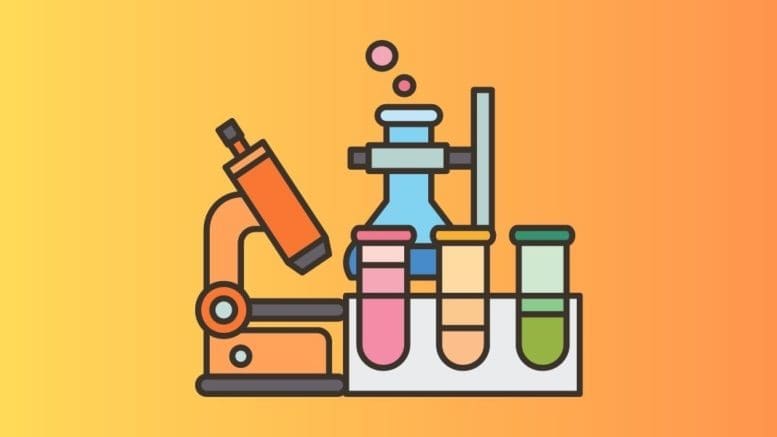By John A. Tures, Professor of Political Science, LaGrange College
On a day that I was driving toward our local water tower, I learned that testing showed there were “forever chemicals” in our supply. There’s never a good time to hear those words, though. Is it a similar situation for Cobb County? Are we safe? What can and is being done about it?
According to the Environmental Protection Agency “Many PFAS are found in the blood of people and animals all over the world and are present at low levels in a variety of food products and in the environment. Scientific studies have shown that exposure to some PFAS in the environment may be linked to harmful health effects in humans and animals.”
Additionally, the EPA notes “PFAS are a category of chemicals used since the 1940s to repel oil and water and resist heat, which makes them useful in everyday products such as nonstick cookware, stain resistant clothing, and firefighting foam. The science is clear that exposure to certain PFAS over a long period of time can cause cancer and other illnesses. In addition, PFAS exposure during critical life stages such as pregnancy or early childhood can also result in adverse health impacts.”
There’s some good news.
First, The Environmental Working Group found the following:
EWG’s drinking water quality report shows results of tests conducted by the water utility and provided to the Environmental Working Group by the Georgia Department of Natural Resources, as well as information from the U.S. EPA Enforcement and Compliance History database, or ECHO. For the latest quarter assessed by the U.S. EPA (January 2021 – March 2021), tap water provided by this water utility was in compliance with federal health-based drinking water standards.
Second, Georgia also managed not to be on the list of states with the most PFAS Problems. Those states with the bad news were New Jersey, Massachusetts, California, New Hampshire and Pennsylvania, as reported by Newsweek.
Third, the EPA seems to be taking the problem seriously now. In 2021, the agency began seriously addressing the problem by redesignating them as hazardous substances by reviewing and regulating these chemicals. In 2024, the EPA boosted drinking water standards, funding from the bipartisan infrastructure bill for data collection and being treating the water.
But there are a few problems for Georgia in general, including Cobb County. First, the EWG states “Legal does not necessarily equal safe. Getting a passing grade from the federal government does not mean the water meets the latest health guidelines. Legal limits for contaminants in tap water have not been updated in almost 20 years.” So Cobb County is not completely “in the clear” on this. And they’re still doing their monitoring for 2023-2025.
Secondly, the EWG interactive map shows lots of other sites with PFAS problems across the Peach State, like the town I live in. And water has the habit of moving from one point to another with relative ease.
Third, EPA rules and regulations are increasingly being challenged in court, or face pressure to be “watered-down.”
Finally, Georgia House Bill 1629 by Marvin Lim (D), designed to take on PFAS in the water, doesn’t seem to have gotten very far, dying in the chamber. It looks like University of Georgia researchers are hoping to play their part in combatting the PFAS problems, but right now, it seems the EPA and groups like EWG and NACWA are our best hope for keeping these chemicals out of the water we drink.
John A. Tures is a professor of political science at LaGrange College in LaGrange, Georgia. His views are his own. He can be reached at jtures@lagrange.edu. His “X” account is JohnTures2.
